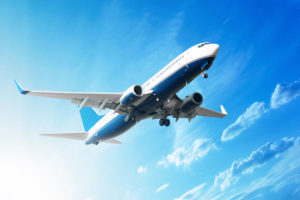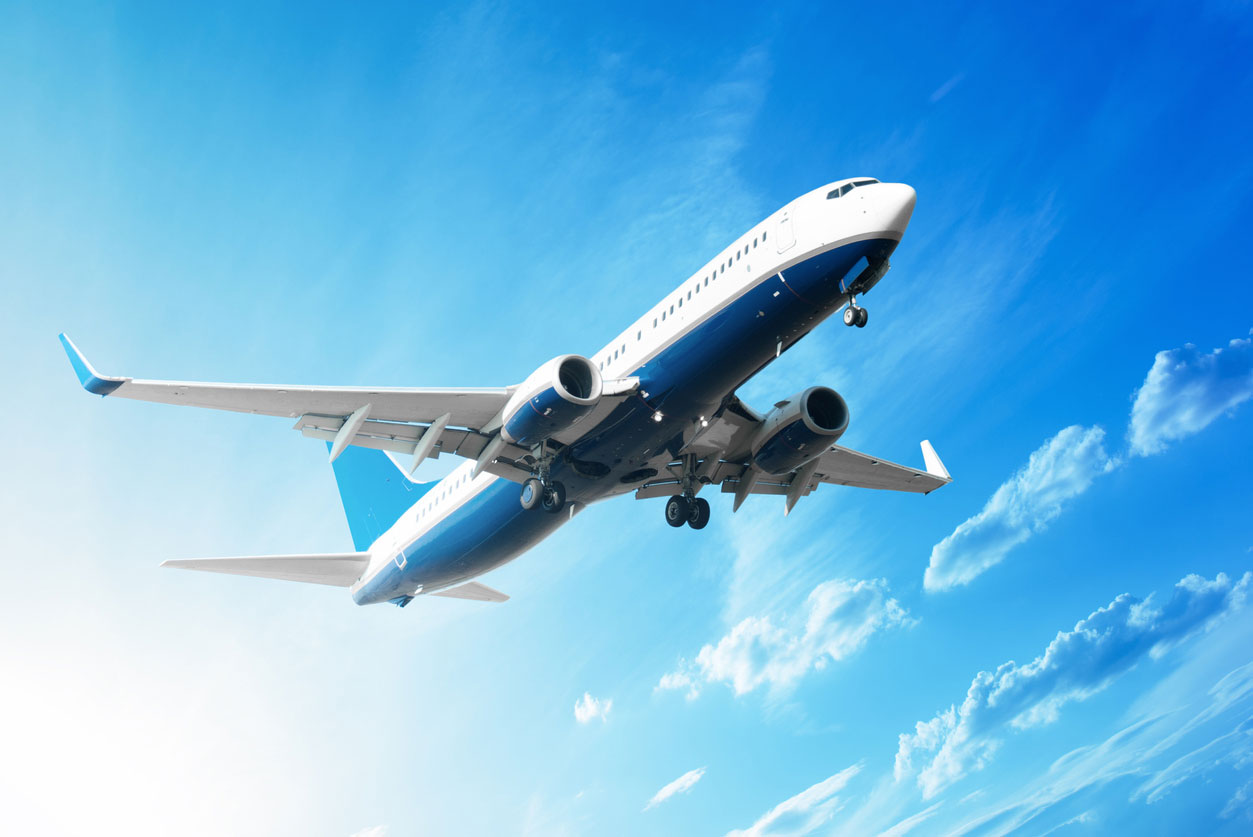
We are sure you have heard of the phrase “Everything changed after 9-11.” No other industry felt the repercussions of the deadliest terrorist attack in American history more than what the airline industry faced. Swiftly passed legislation turned once mostly favorable airport experiences into hours long nightmares that not only slowed down airline service, it also put a huge hit on the American economy.
Twenty years later, things have eased up considerably at airports nationwide. However, consumers who fly must understand the security measures implemented by federal law, as well as the protections granted to dispute airline ticket price charges and other airline issued policies.
Airport Security Measures
The Federal Aviation Administration (FAA) has always performed airport luggage and passenger screening to enhance airline security. After September 11, 2001, the FAA quickly reacted to congressional legislation that considerably increased airport security at checkpoints. The result was virtually every airline passenger of all ages had to submit to some form of x-ray examination to detect the presence of firearms and explosive devices. New screening procedures increased wait times by an hour or more. The lines have shortened a bit at most airports, but savvy travelers understand the importance of arriving for flights at least two hours before departure. Moreover, bringing one piece of carry-on luggage saves travelers time as well.
Federal regulators also expanded the list of items prohibited on airline flights. Firearms and explosive devices remain on the list, as do self-defense and martial arts accessories. The number of tools banned increased substantially, as did the expanded list of beauty accessories. The FAA wants to prevent the use of strong chemicals in the attempted takeover of an airline flight. Travelers who operate on the 3-1-1 rule typically receive permission to board carrying most types of beauty gels and creams. The number 3 refers to the maximum volume allowed in each gel and liquid container, which is three ounces. As for the consecutive number ones, the first number one means you must pack all of the beauty gels, creams, and liquids inside of a clear plastic bag measuring no more than one quart. The second number one refers to the regulation that states you can only bring on board one bag. Exceptions to the 3-1-1 rule include medications and baby food formulas. Transportation Safety Administration (TSA) agents still must inspect each item to verify the exemption status.
Travelers can find the detailed list of banned items on the TSA website.
Programs that Reward Frequent Flyers
The benefits of enrolling in a frequent flyer program depend on each airline’s frequent flyer rewards policy. Typically, travelers accumulate point for miles traveled, which they redeemed for financial incentives such as cash back, upgraded airline flight seats, and reduced tickets to selected destinations. Many airlines collaborate with vendors to offer products as rewards for accumulating frequent flyer miles.
Frequent flyer programs are supposed to represent a binding contract between travelers and the airlines. This means frequent flyer programs should operate under the same standards written into contract laws. Yet, the reality is airlines control the terms of frequent flyer programs, with language added to contracts stating airlines have the legal right to change the program at any time and without giving notice to travelers. Frequent flyer programs operate more like an incentive plan than a contractual obligation.
If you have received less than what you expected from frequent flyer rewards or an airline has dramatically altered the terms of the agreement, you should contact a California consumer law to receive a free initial consultation. Licensed California consumer attorneys also help clients resolve disputes with airlines and file discrimination charges against the TSA.





